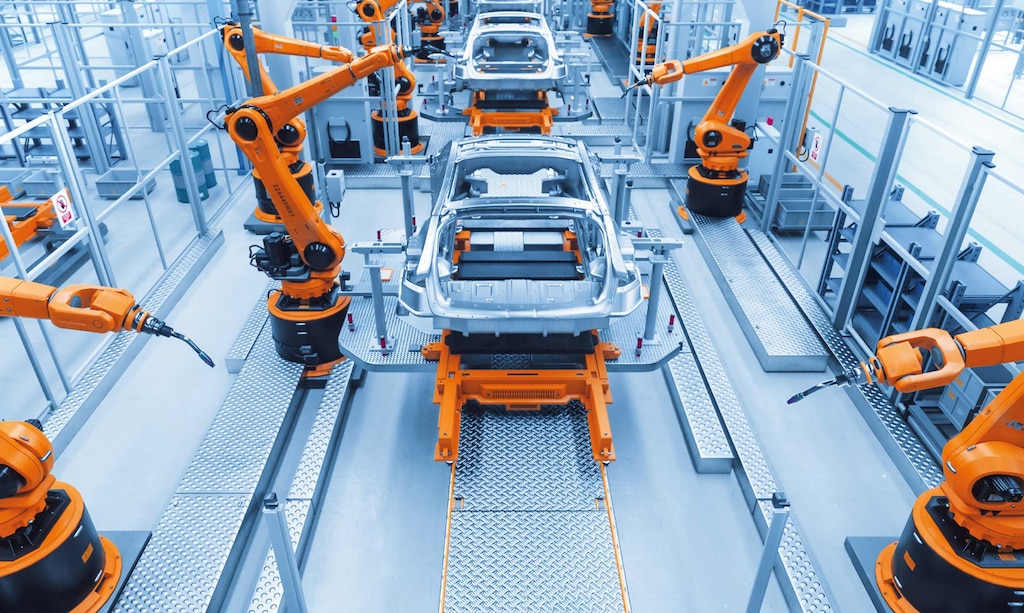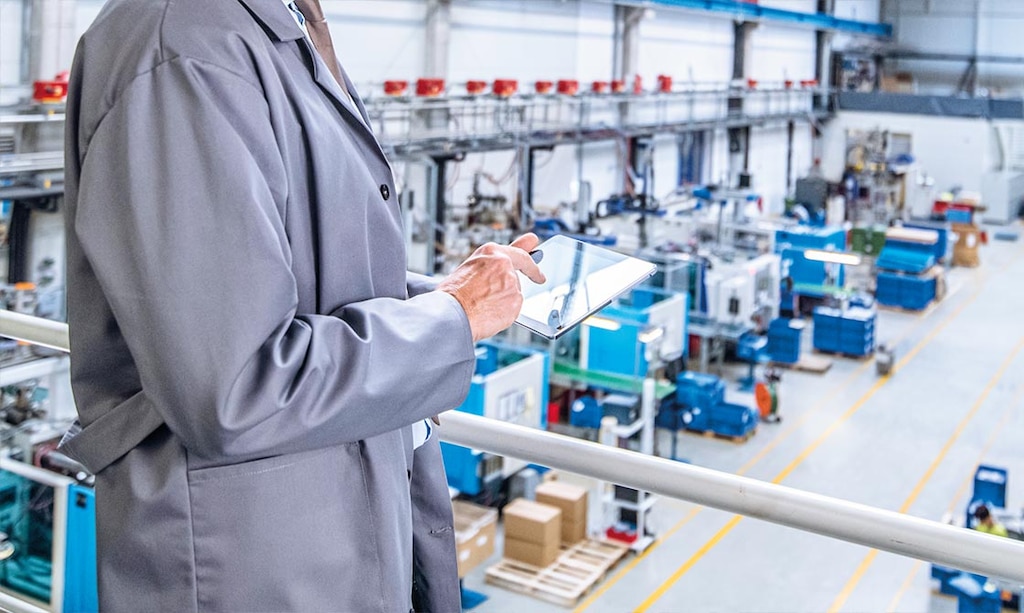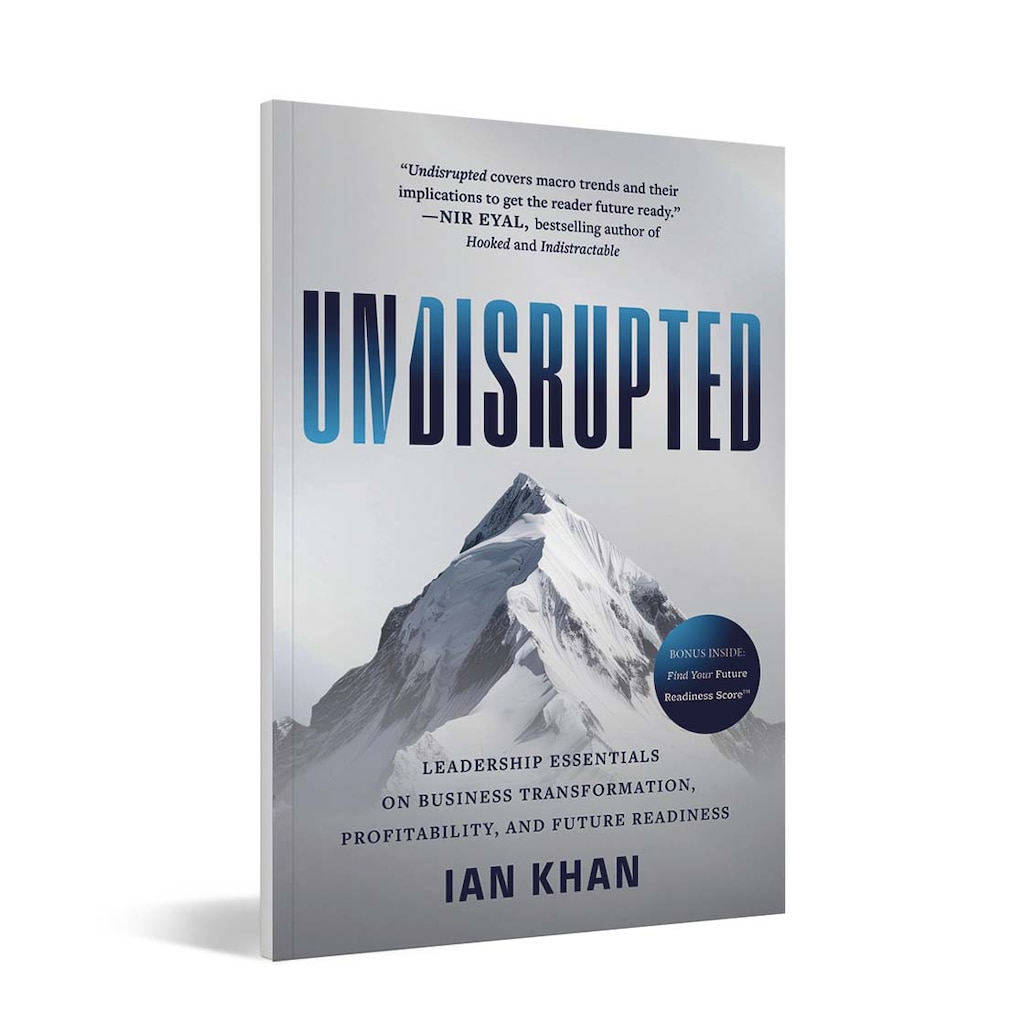
IN-DEPTH ANALYSIS
By Ian Khan
“You cannot connect the dots looking forward; you can only connect them looking backwards. So you have to trust that the dots will somehow connect in your future. You have to trust in something — your gut, destiny, life, karma, whatever. Because believing that the dots will connect down the road will give you the confidence to follow your heart even when it leads you off the well-worn path; and that will make all the difference.” – Steve Jobs
Today, the world we live in is a result of the progress manufacturing processes have gone through. Think about all the different aspects of this industry that make our world possible. From satellites to thumb pins, everything is a result of an idea, a process and planning.
Mass industrial manufacturing
Mass manufacturing — once synonymous with assembly lines, economies of scale and manual labour — is undergoing a seismic shift. Modern disruptions, fuelled by technological advancements and evolving global economic patterns, are reshaping how products are made and redefining the essence of industrial manufacturing. This new era promises enhanced efficiency, customisation and sustainability, signalling profound changes in global trade, labour markets and environmental practices.
The advent of Industry 4.0
At the heart of modern disruption in mass manufacturing is the Fourth Industrial Revolution, or Industry 4.0. This movement is characterised by the integration of physical production with smart digital technologies, machine learning and big data, creating a more connected and efficient manufacturing ecosystem. Industry 4.0 introduces smart factories, where cyber-physical systems monitor physical processes and make decentralised decisions. The implementation of Internet of Things (IoT) devices, artificial intelligence (AI) and real-time data analytics brings unprecedented productivity and flexibility to manufacturing.
“In the coming decades, the technologies driving the Fourth Industrial Revolution will fundamentally transform the entire structure of the world economy, our communities and human identities,” says Klaus Schwab, Founder and Executive Chairman of the World Economic Forum and author of The Fourth Industrial Revolution.
The implementation of IoT devices, AI and real-time data analytics brings unprecedented productivity and flexibility to manufacturing
The impact of these innovations on mass industrial manufacturing is profound. Automated systems and smart technologies operate around the clock, eliminating downtime and significantly reducing human error. The flexibility introduced by digitalisation allows manufacturers to switch product lines and customise merchandise with minimal effort and cost, meeting the growing consumer demand for personalised goods.
Industry 4.0 technologies also enhance sustainability. Advanced analytics and IoT devices optimise energy use and reduce waste, contributing to environmentally friendly practices. Likewise, digitised supply chains improve transparency and traceability, ensuring responsible and sustainable resource sourcing.

The role of robotics and automation
Once revolutionary, robotics and automation are now integral to mass industrial manufacturing. Modern robots are adaptable, intelligent and capable of performing complex tasks with high precision. Collaborative robots (cobots) work alongside humans to enhance productivity and ensure safety, bridging the gap between fully automated systems and human-operated processes. Automation extends beyond the factory floor; it revolutionises inventory management, quality control and after-sales services, creating a seamless flow of operations from production to customer delivery.
Additive manufacturing: A game changer
Additive manufacturing, or 3D printing, once limited to prototyping, is now central to mass production. This technology allows for the on-demand creation of parts with complex geometries, impossible with traditional methods. It significantly reduces material waste and production time, offering a more sustainable alternative. Companies such as GE Aviation and Adidas leverage additive manufacturing for end-use parts and products.
The future of manufacturing
Mass industrial manufacturing is poised to be more interconnected, efficient and sustainable. The integration of AI into data-driven production processes will likely lead to greater automation and predictive maintenance, minimising downtime and extending machinery life span. Additive manufacturing promises a shift towards localised production models, reducing the need for extensive global supply chains and mitigating the carbon footprint associated with transport.
Moreover, the digitisation of manufacturing opens possibilities for circular economy models. Advanced recycling technologies and IoT-enabled product tracking could facilitate the reuse and refurbishment of parts and materials, moving the industry from a linear “take-make-dispose” model to a more sustainable, circular approach.
The manufacturing industry is at the cusp of a profound transformation in which robotics and automation will play an essential role
Despite promising developments, this transition still faces several hurdles. Addressing these challenges requires industry leaders, policymakers and educational institutions to collaborate on upskilling the workforce, prioritising cybersecurity and ensuring the benefits of disruptive technologies are equitably distributed. As Microsoft CEO Satya Nadella said, “Our industry does not respect tradition — it only respects innovation.”
The advent of Industry 4.0 marks a pivotal moment in which the role of robotics and automation has moved from revolutionary to essential. The manufacturing industry is at the cusp of a profound transformation. Embracing these changes will ensure competitiveness in the global market and contribute to a more innovative and sustainable future.


